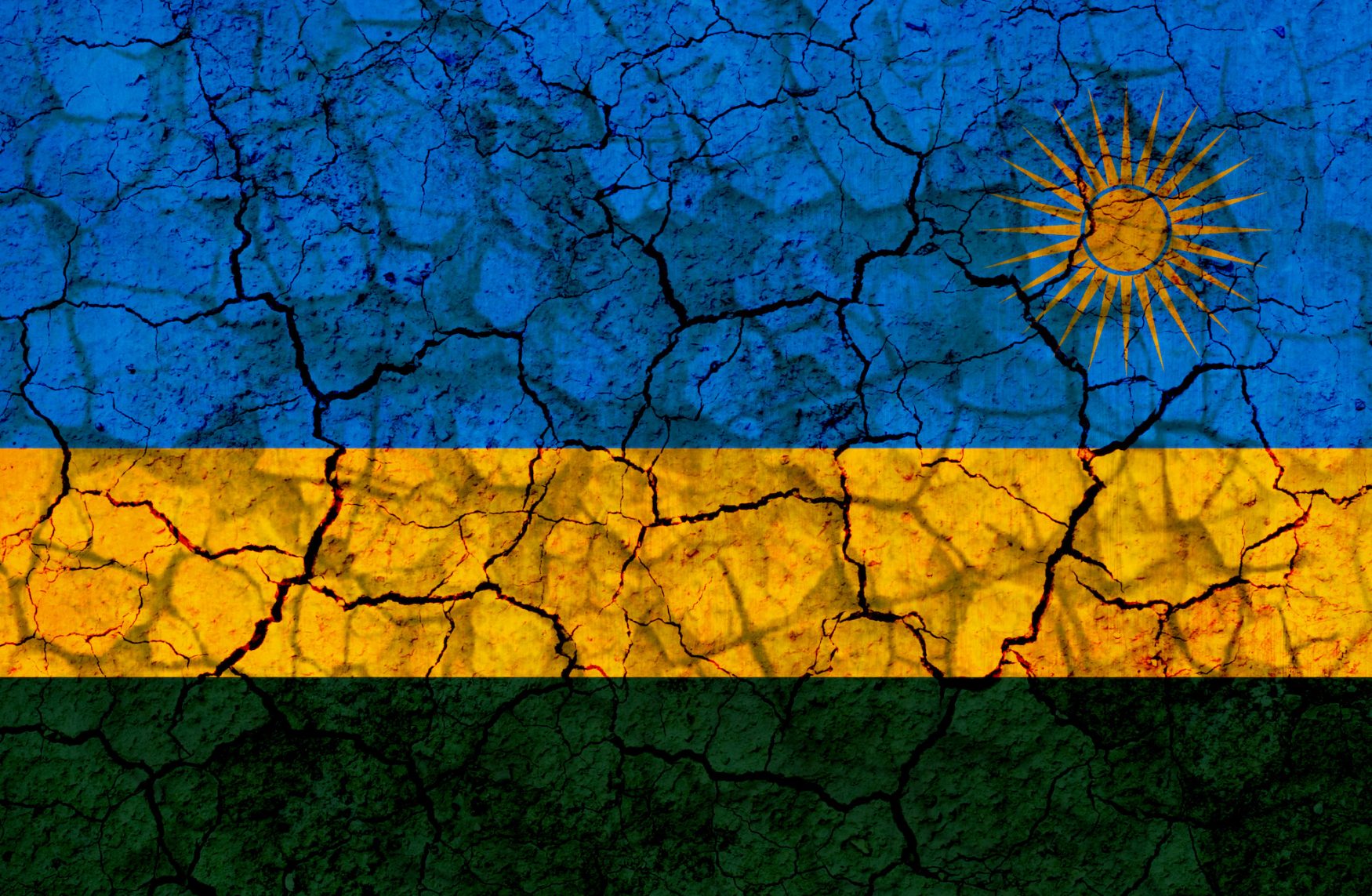
What Have Been the Effects of Rwanda Genocide?
The Effects of Rwanda Genocide Have Been Multiple
The Effects of Rwanda Genocide have been multiple. Rwanda is still suffering the wounds of the horror of the millions of people killed in 100 days.
The disaster started in 1959, when the TUTSI were chased from Rwanda and the killing began.
Many TUTSI had to leave the country going to neighboring countries, and leave most of their belongings.
In 1973, a larger number of TUTSI and some HUTU had to leave their country to survive but also the killing and suffering started.
In 1990, TUTSI refugees formed the Rwandan Patriotic Front, many men, women and children had to leave their families and fight to get back to their homeland.
In April 1994 after President Habyarimana`s plane was shot down and the horrible massacre started which lasted 100 days.
In these 100 days, 1 million TUTSI and a lesser number of HUTUS were killed with machetes and knives; women were raped; parents were killed in front of their children’s eyes and a lot of serious injuries and wounds.
In July 1994, The Rwandan Patriotic Front stopped these horrible killings, seized power and immediately ordered a cease fire.
Two million HUTU, most of whom were the leaders and doing the killings, fled from the country to the Democratic Republic of Congo.
Most of those that survived the 100 days killing are now having mental problems and are traumatized because of what they experienced and saw.
Rwanda After the Genocide
https://www.youtube.com/watch?v=VwyGXg5K6II&feature=emb_logoInfrastructure Destroyed
During this 100 days, many buildings were destroyed and burnt, including hospitals, schools, churches, roads and business centers.
This was devastating to the country’s infrastructure and takes a lot of time to recuperate from.
Effects of the 1994 Genocide Today: Orphans
Many children were capable of survived the genocide because of their age or because they were lucky.
Most of these children lost their parents, families and relatives and now Rwanda has a large number of children who live in orphanages.
These children have a lot of problems and are very sad. Most of these children saw how their parents were killed as well as their relatives and have been traumatized by those scenes.
Some children are living alone and are responsible for their younger sisters and brothers and at the same time are incapable of getting school fees for their education.
They have a lot of difficulties in their education, because school is expensive in Rwanda according to their living standard with fees of almost $200 a year.
They also lack skills to help them get chance of earning money and helping themselves as well as their families.
Some of these children had rich families before the genocide, but now are living in poverty. This is disturbing and difficult for them to deal with.
Some of them say, “If Daddy and Mummy were here”.
Effects of the 1994 Genocide Today: Widows
Many women felt the effects of Rwanda genocide in the loss their husbands. Most of these women were not well educated and with many children, this makes life very hard.
It is difficult for them to get school fees for their children, food, clothing and rent a house.
A Big Number of AIDS Victims
The interahamwe militias raped women and young girls.
Thus these women also felt the effects of Rwanda genocide by being inflicted with the AIDS that so many of the militia men carried.
The children born as a result of the rapes now also have AIDS.
A Sample of Life Today, After the Effects of Rwanda Genocide
Today, there are only about 225 physicians serving a Rwandan population of nearly 10 million, and only a few dozen are trained in specialties such as obstetrics or orthopedics.
Not only did the effects of Rwanda genocide rid the country of most of Rwanda’s doctors, it also did away with its medical teaching force.
Fifty percent of the staff and students at the medical school were killed.
Half of those remaining fled -either fearing for their own lives, or that they would be tried for murders they committed.
“Of the 64 academic staff, I know of only about four who were here before the genocide”, says professor Herbert Nsanze, dean of the faculty of medicine.
With little to offer (roughly $2,500 per month) and a relatively archaic facility to work in, recruiting new teachers has not been easy.
Hundreds of eager young Rwandans have lined up to be doctors, but who will teach them?
President Kagame, the Tutsi general broadly credited with putting an end to the genocide, has mapped out an optimistic goal for the country far beyond just rebuilding what it was before.
Instead, he sees Rwanda as becoming an island of stability in central Africa, a leader in telecommunications and education, and ultimately – remarkably -the place to go for good health care in Africa.

 My First Amazing Ayahuasca Experience
My First Amazing Ayahuasca Experience  Pine Needle Tea
Pine Needle Tea  The REAL Controllers of Humanity: The Papal Bloodlines
The REAL Controllers of Humanity: The Papal Bloodlines  Is it Global Warming or Cooling?
Is it Global Warming or Cooling?  Gun Rights and Obama Examined
Gun Rights and Obama Examined